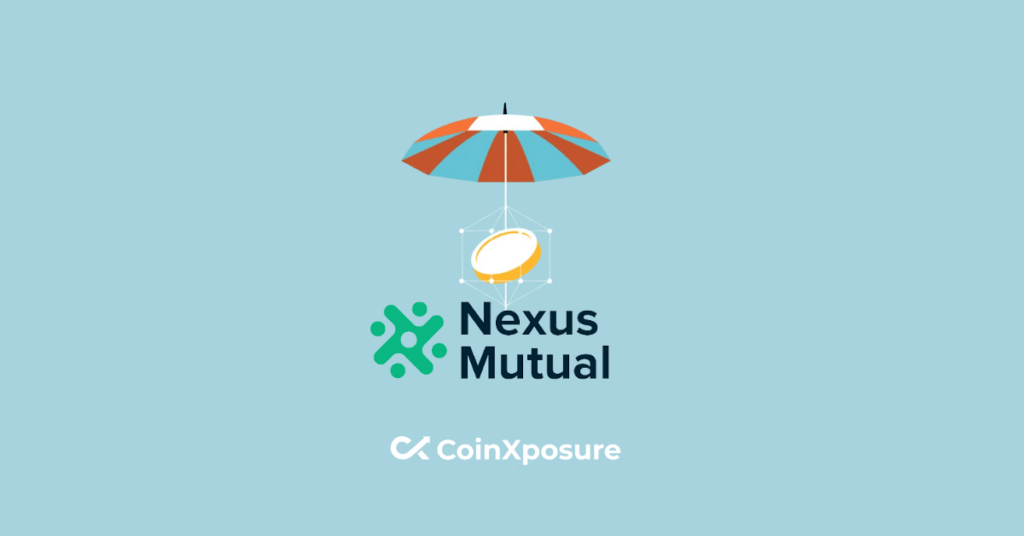Given the high risks associated with decentralized finance, insurance is necessary. This article analyzes the top DeFi insurance platforms and their unique features.
The continued expansion of DeFi has increased numerous types of vulnerabilities. Protocol exploits have been used in conjunction with hacks to target DeFi solutions.
In this scenario, decentralized finance insurance becomes a top concern for anyone interested in DeFi. In 2020, hackers attacked 15 distinct DeFi platforms, causing a loss of over $120 million.
As a result, DeFi’s losses from hacking and fraud were about $10 billion in 2021.
Using smart contracts and decentralized protocols increases the likelihood of hacking and exploits, resulting in more significant consumer losses.
For example, flash loan hackers can use smart contract weaknesses to steal millions of dollars from liquidity pools.
As a result, DeFi users have reaffirmed the necessity for DeFi insurance to protect against capital losses.
In reality, insurance in DeFi, together with knowledge and regulation, is one of the most essential elements in its widespread acceptance.
What is DeFi Insurance?
DeFi insurance was created to protect investors in DeFi markets.
DeFi insurance, like traditional insurance, protects the consumer against potential financial losses caused by various unforeseen events.
Some DeFi traders get insurance to protect themselves from market volatility and safeguard their winnings.
DeFi, or decentralized finance, refers to various apps that allow individuals to become independent of governments and other organizations, such as banks and insurance firms.
Smart contracts, a component of the cryptocurrency Ethereum, serve as the foundation for DeFi apps. These enable the coupling of a computer program to a specific currency.
The primary advantage of DeFi applications is that they are independent of any firm and rely only on smart contracts.
Once an application has been programmed, it runs on its own. The user incurs minimal costs because there is no structure to maintain, offices to rent, or intermediaries to pay.
Additionally, the registration procedures are tightly limited. DeFi-based insurance will thus be both affordable and adaptive in the real world.
For a DeFi program to be successful, users must genuinely want to use it and invest their ETH (Ethereum), BNB (Binance’s currency), or other cryptocurrencies.
In a DeFi application, rules are embedded in the smart contract to achieve this goal and reward users who use the program.
Also, investors in the cryptocurrency connected with a particular application earn “tokens of governance” that let them vote on the application’s progress.
DeFi insurance contracts are suitable for a set time, and users are compensated for any refundable losses incurred.
How Does DeFi Insurance Work?
After a thorough understanding of the definition of DeFi insurance, it is necessary to delve deeper into its operations. One of the key parts of how DeFi insurance works is decentralization.
The core goal of DeFi insurance is roughly the same as traditional finance insurance. DeFi insurance protects users against losses in exchange for a predetermined charge based on the size of their assets and platforms.
Typically, a multinational insurer issues and underwrites typical insurance policies. However, by avoiding decentralization, DeFi insurance initiatives risk losing their core.
Instead of acquiring insurance from a single individual or company, you might do it through a decentralized pool of insurance providers.
Interestingly, any individual or organization can act as an insurance provider by securing funds in the decentralized capital pool. An individual or company contributing capital to the pool may qualify as a liquidity provider.
Liquid providers, or underwriters, act as the primary agents in DeFi insurance protocols. They contribute funds to the pools in exchange for a part of the premiums.
The next crucial participants in the operation of insurance in DeFi are governance token holders and claims assessors. They accept responsibility for voting on claims and procedure changes.
Claimants who purchase insurance premiums are also an important component of decentralized finance insurance.
As you can see, each player plays a unique role in DeFi’s more extensive insurance system.
According to the underlying protocol, investing in DeFi insurance projects can be a lucrative way to generate a steady income stream from insurance payments.
Likewise, the incentives of native governance tokens increase the value of insurance in DeFi.
Coverage providers can select the kind of events and protocols they want to give coverage. Conversely, liquidity and coverage providers are also exposed to risk.
Before going into DeFi insurance platforms, let’s look at some benefits of using DeFi insurance coverage.
Benefits of DeFi Insurance
Here are some benefits of using decentralized finance insurance.
- Superior competition process
- Secure and rapid transactions
- Digital asset trading
- Wider lending opportunities
Superior Compensation Process
DeFi insurance’s payout mechanism, supported by smart contract automation, is considerably superior to the old insurance system.
Every decision about the validity of insurance claims and the quantification of redemptions is based on algorithms. As a result, the finalization process becomes more efficient and free of bias.
Secure and Rapid Transactions
All transactions in DeFi insurance are decentralized and supported by distributed ledger technology.
Customers and partners are connected directly without intermediaries, resulting in speedy, seamless, and safe transactions.
Also, businesses that handle a large volume of transactions regularly might save significant money on third-party payment services.
Digital Asset Trading
Since there is no central authority in the DeFi model, crypto exchanges enable peer-to-peer trading, which improves user control over all monies.
For beginners, getting started is as simple as clicking; you only need a reliable Internet connection and a wallet such as MetaMask. You can now access cryptocurrency holdings regardless of geography.
Wider Lending Opportunities
Aave and Compound are decentralized peer-to-peer lending platforms that provide users with several benefits, including the ability to borrow money using their crypto assets as collateral and even lend crypto at comparably higher interest rates.
Now, to the main event, let’s see some of the top DeFi insurance platforms.
Top DeFi Insurance Platforms
Some of the best DeFi insurance platforms include:
- Nexus Mutual
- InsurAce
- Unslashed finance
- Solace
- Opium insurance
- Bridge mutual
Nexus Mutual
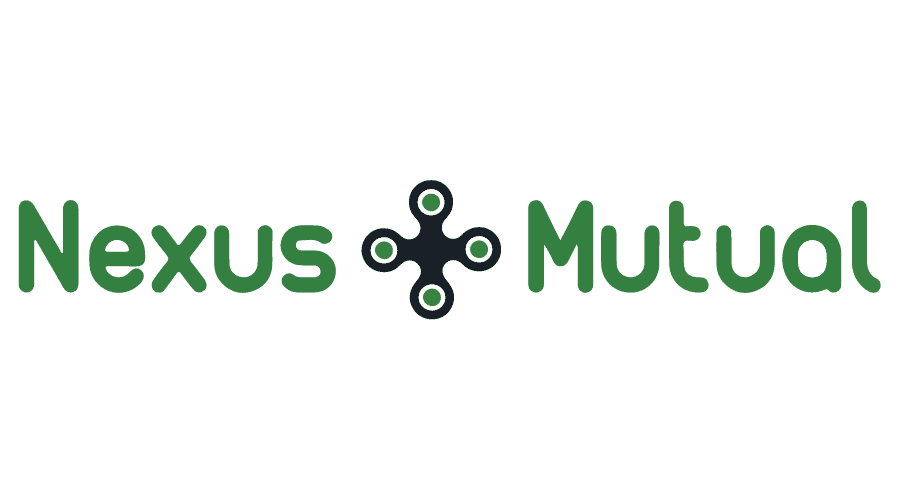
Nexus Mutual is a leading DeFi insurance platform offering peer-to-peer insurance for major cross-chain smart contract protocols. This helps to protect against potential exploits or vulnerabilities in programming.
Nexus Mutual also protects against centralized exchange hacking!
When you get insurance, you can choose the protocol and amount of coverage you want.
The amount insured can be valued for 30, 90, or 365 days in either ETH or DAI. You can pay for security with Ethereum or NXM, Nexus Mutual’s native governance token.
In the worst-case scenario, Nexus Mutual members will decide whether your claim is valid if you file one. That seems ominous! However, Nexus Mutual has previously compensated allegations related to the bZx issue.
InsurAce

InsurAce, a DeFi insurance platform, attempts to provide users of DeFi applications with DeFi insurance services.
It offers to protect customers from security threats with simple-to-use devices at reasonable prices.
Anyone using a self-custody wallet, such as MetaMask or Trust Wallet, can obtain insurance by linking it to the InsurAce application.
Users can insure all of their DeFi assets with InsurAce’s packaged and portfolio-based hedging alternatives, which use a variety of pricing algorithms rather than several protocols and transactions.
Know-your-customer (KYC) protocols are unnecessary.
InsurAce covers smart contracts or funds custodian violations, rug pulls, the risk of DEX initial offering events, and a stablecoin dropping significantly below its fixed price.
It supports the Polygon (MATIC), Avalanche (AVAX), Binance Smart Chain (BSC), and Ethereum (ETH) blockchains.
Unslashed Finance
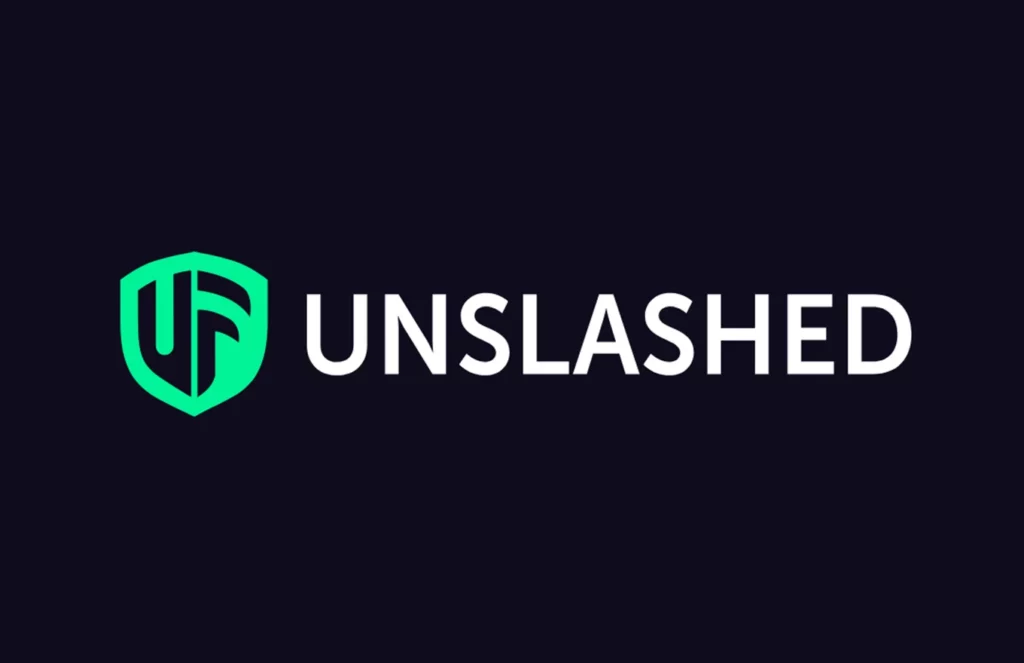
Unslashed is a decentralized insurance platform introduced in January 2021 that protects against common crypto-asset risks.
To provide continued collateral, it includes risk underwriters and insurance buyers with practically immediate cash.
The DeFi insurance protocol protects against risks that traditional insurance does not, including cryptocurrency exchanges and wallets, smart contract issues, stablecoin pegs, Oracle failures, and more.
Cryptocurrency holders can mitigate risk by depositing funds and reaping incentives like users of other decentralized insurance products. Through Unslashed, pooled investors can earn 4% to 5% on their crypto investments.
Unslashed settles protocol issues for insurance buyers using Kleros, a decentralized arbitration mechanism.
Independent assessors and arbitrators review claims based on insurance policy documents and supporting documentation provided by the claimant.
It claims to have a fair and open procedure to ensure that people obtain the best possible service.
Solace
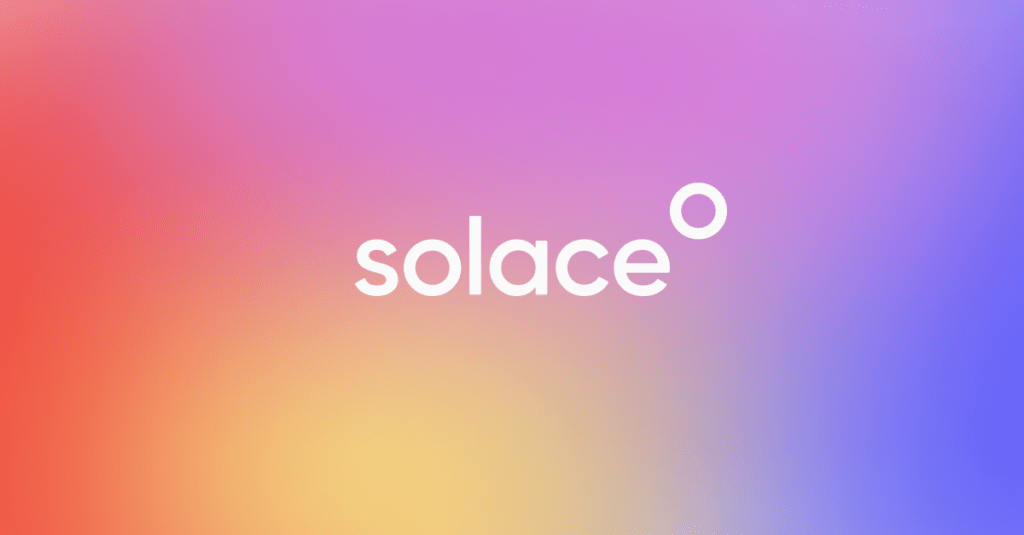
Solace is a decentralized financial insurance platform that offers hedging policies for Aave (AAVE), Compound (COMP), and Uniswap (UNI), among others.
It is a risk management protocol for DeFi protocols that allows for hedging and compensation for losses.
When there is a danger that a smart contract will be hacked, the protocol attempts to help liquidity providers mitigate their risks.
Each Solace insurance policy includes a single pool of cash to underwrite the risks—users who donate money to pools earn money by offering insurance and other protocol incentives.
This DeFi insurance platform takes payments in a single transaction, does not require KYC, and instantaneously validates insurance claims across the Solace network. Determine the amount a user has lost and then repay them.
Opium Insurance
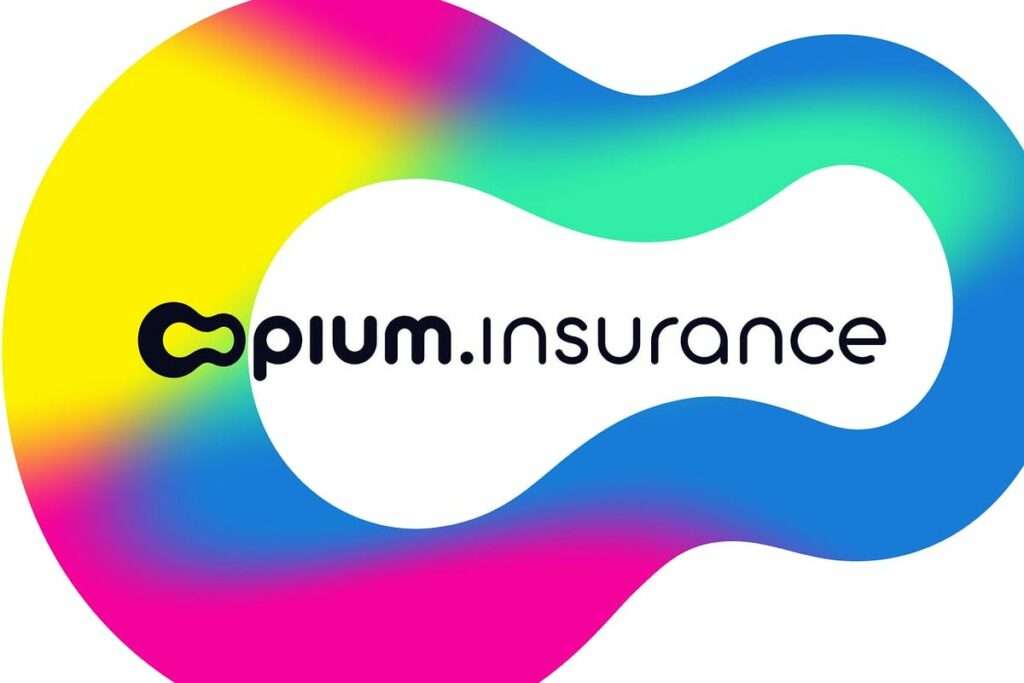
Opium Insurance, a product of Opium Finance, is intended for DeFi traders and protects against off-chain risks, price fluctuations, simple contract-for-future tokens (SAFT) hazards, intelligent contract hacks, stablecoin custodian default events, and temporary losses.
Users can choose from the numerous types of insurance available and buy or sell it as needed. They may also choose to gamble money in pools to earn more money.
Customers select an insurance product on the platform, pay a premium to the pool, and are subsequently assigned a tokenized insurance position.
This position has the potential to be exchanged in the secondary insurance market and used to demand payment in the event of an insurance claim.
Bridge Mutual
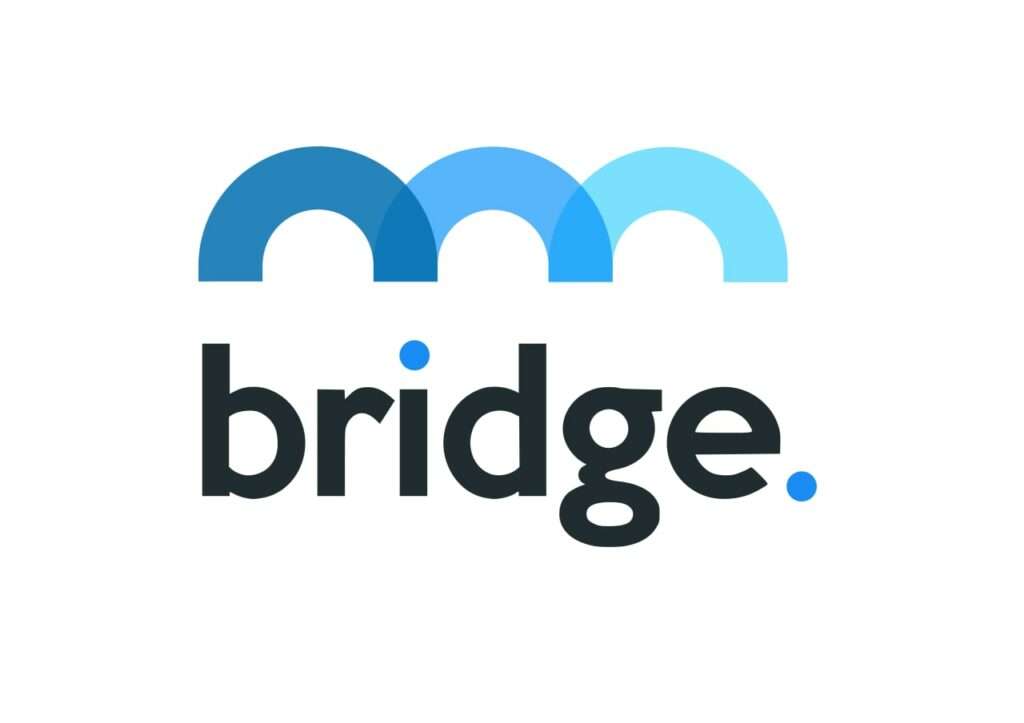
Bridge Mutual, a decentralized insurance platform, is another notable mention among decentralized finance insurance solutions.
The platform allows users to buy or sell coverage for various crypto assets and protocols, and most importantly, it protects your assets from stablecoin crashes, hacks, and exploits.
Final Thoughts
DeFi insurance platforms will become more popular as capital flows from traditional fixed-income products to DeFi money markets.
Although the bulk of DeFi insurance platforms are currently small, their products have the potential to help stabilize the frequently inconsistent DeFi market and boost investors’ confidence in investing in it.
